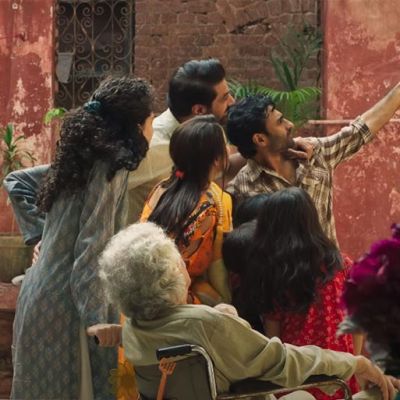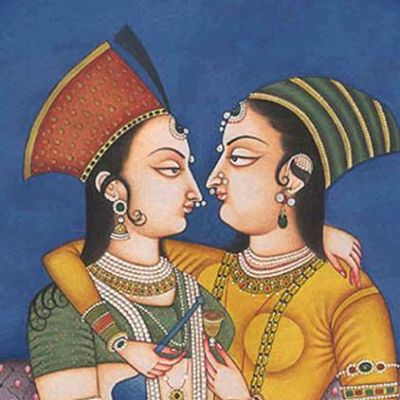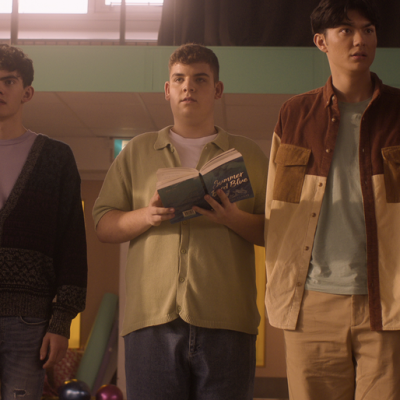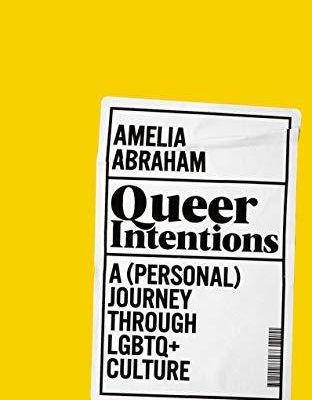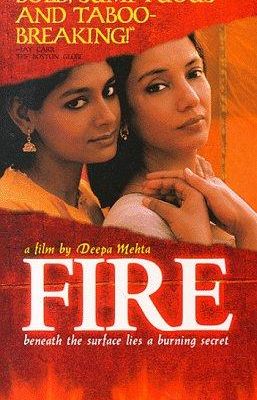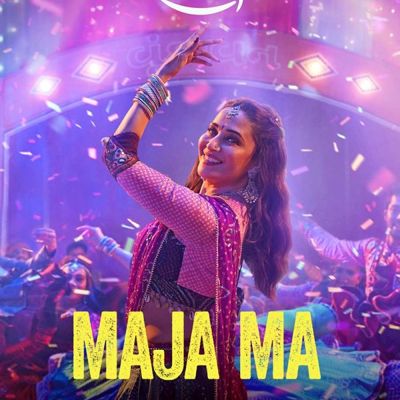Review
Wicked Little Letters (2023) is based on a true story of a scandal in the early 1920s in the seaside…
Directed by Saim Sadiq, Joyland (2022) is not a film about trans rights or women’s rights. It is not even about one specific group or community of people. It is about the whole spectrum of human emotions.
We decided to watch Animal and OMG 2 and found that both the movies bring up many of the issues that we work on.
उर्दू शायरी की एक पूरी शैली है, ‘रेख़्ती’, जो औरतों के नज़रिये से लिखी गई है और जिसमें औरतों की ज़िंदगी और भावनाओं की बात होती है। ये ‘रेख़्ता’ का उल्टा है, जो कि मर्द के नज़रिये से लिखा गया साहित्य है।
The assumption that everyone experiences love and attraction in a similar manner is deeply alienating and harmful for the a-spec community.
उनकी सेक्सी कहानियों में आनंद और फैंटसी का चित्रण पूरी तरह औरतों की इच्छाओं पर केंद्रित हैं।
With the shifting nature of perceptions around fandom, the discourse around Rainbow Rowell’s Fangirl has witnessed an interesting shift. While earlier, the book found almost unanimous acceptance, in recent times, it has completely faded into irrelevance.
Queer Intentions manages to capture the vast nuances of the queer experience, as Abraham creates space for LGBTQ+ people of a whole spectrum of identities and diverse walks of life to tell their stories.
Fire served as a seminal piece of media in my life for that reason, not only because of its queer themes and normalisation of LGBTQ+ relationships but because of how it normalises the pursuit of pleasure as a fundamental part of us, and not something we should be ashamed of.
Indian films have for long fed into as well as mirrored social and cultural practices. Many of them depict a woman as being restricted to the kitchen and serving delicacies during festivities.
The first sensations that we experience are related to and derived from our body. It is a site of experience, expression and contemplation. The body is a means of voicing our deepest realisations, but how others visualise it can be a source of intense pain.
It is unusual to find films that focus on older people, especially women, given our obsession with youth, ‘fit’ bodies and beautiful faces.
No Limits explores several themes – the struggles that athletes go through to reach their goals, the personal and professional risks they take to break records, the compromises they make and the single-minded focus required of them.
This reconciliation between Pallavi’s public (seemingly) heterosexual and closeted lesbian identities points to a distinctly Indian way of avoiding polarities through a new social arrangement where both identities are allowed the space to flourish.
Sam is an 18-year-old boy who believes that he is ready to have a girlfriend. He is on the autistic…


